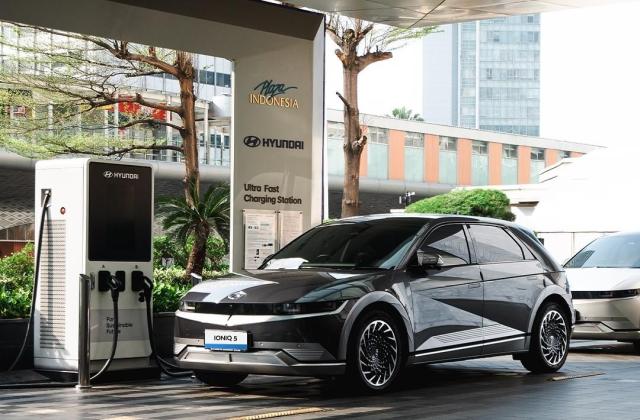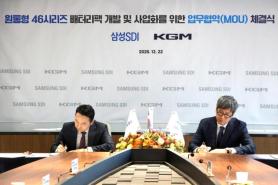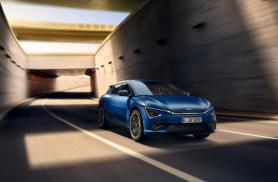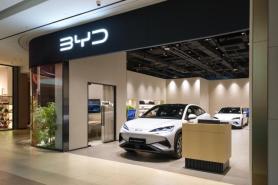
This aims to revive its eco-friendly vehicle market amid a temporary downturn and prepare for policy uncertainties under the second Trump administration in the United States.
The measures, revealed by the Ministry of Trade, Industry and Energy on Wednesday during a government meeting led by Acting President Choi Sang-mok, highlight the government’s ambition to bridge the so-called "market chasm" and fortify its green technology sectors.
In a bid to entice young consumers, the government will offer an additional 20 percent discount on subsidies to first-time electric vehicle buyers aged 19 to 34. For a 50 million won EV, this could mean a reduction of up to 8.36 million won ($5,750), a move intended to make the vehicles more accessible to a demographic seen as critical to the market's growth.
The initiative reflects the government’s commitment to reversing a decline in demand for EVs, driven in part by global supply chain issues and economic uncertainties.
The nation's secondary battery industry will receive a significant boost, with a 31.7 percent increase in funding compared to last year’s 6 trillion won allocation. This investment underscores the government’s determination to secure a competitive edge in battery technology, a cornerstone of the global EV supply chain.
A new commercialization support center for next-generation batteries will be established in Ulsan, focusing on cutting-edge technologies such as solid-state, lithium-metal, and lithium-sulfur batteries.
Additionally, the government plans to designate key battery-related mineral refining technologies as national strategic technologies, offering tax credits of 30 to 40 percent for research and development and 15 to 35 percent for capital investments.
The initiative also prioritizes hydrogen energy, with plans to double the number of commercial hydrogen refueling stations from the current 56 to 119 by 2027. By 2030, 25 percent of metropolitan area buses are expected to be hydrogen-powered.
To ensure safety, the government will implement stricter safety measures for hydrogen buses and refueling stations, aiming to bolster public confidence in the alternative fuel source.
“These measures are a crucial step to solidify South Korea’s position in the global eco-friendly vehicle market and battery supply chain,” said an official from the Ministry of Trade, Industry and Energy. “By investing in innovation and infrastructure, we aim to navigate the challenges of a volatile market and policy landscape.”
Copyright ⓒ Aju Press All rights reserved.




